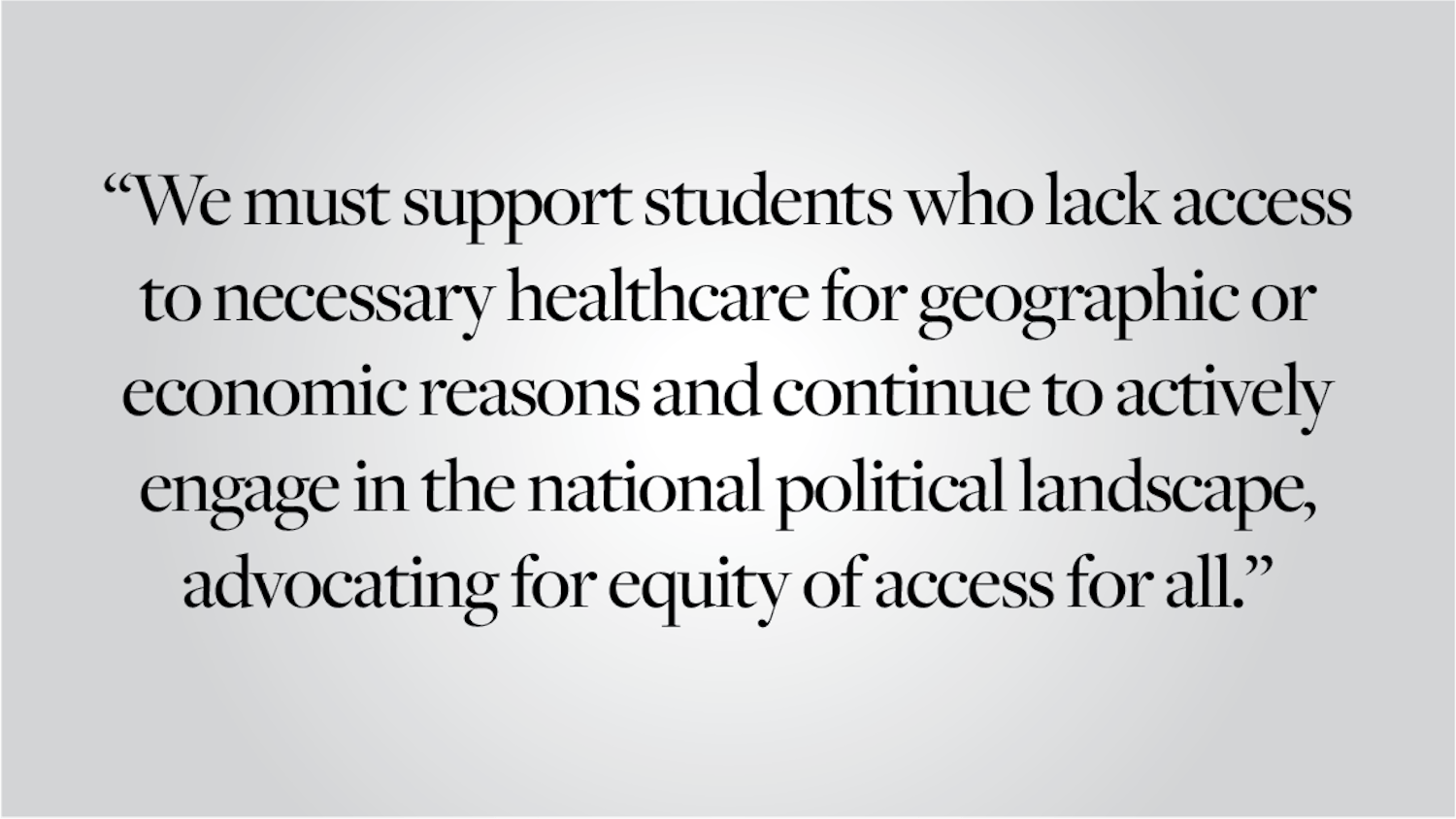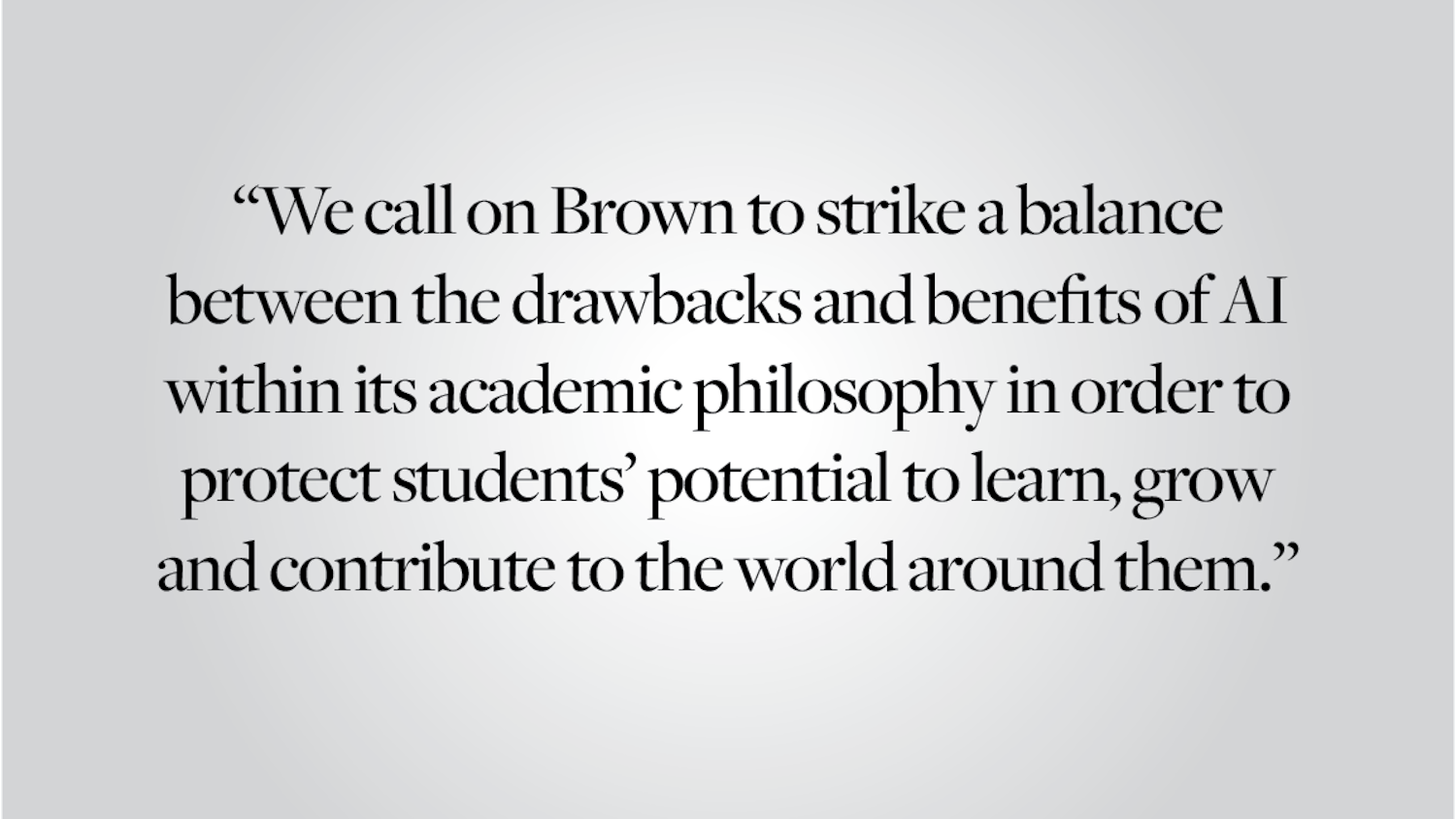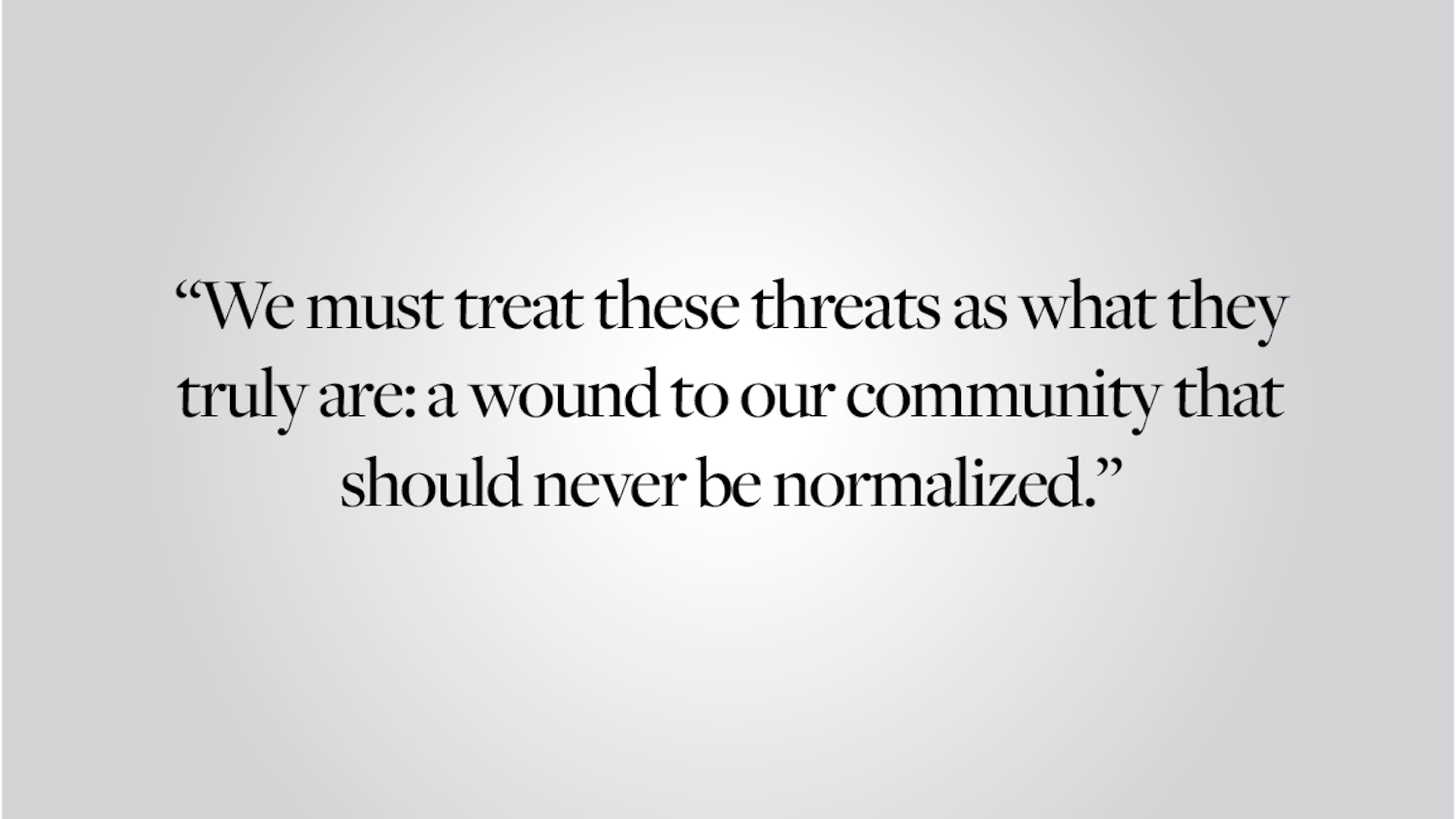The Office of Campus Life and Student Services sent a Jan. 30 email clarifying the University’s new structures regarding alcohol use on campus. The email states that Brown’s alcohol policy is mostly unchanged and that the only newly prohibited activities are large-scale events — including those organized by Greek or program houses, those drawing more than 100 attendees or those requiring city permits.
While “informal gatherings” of students who are over 21 are permitted in dorms, should a community disturbance — such as complaints or overcrowding — arise, it is possible that the Department of Public Safety could be called and disciplinary action could ensue, according to the email. Additionally, off-campus rules have not been altered. So other than largely removing the convenience of drinking at on-campus parties, the University has left many legal forms of drinking still allowed.
The University is following through with its stated goal of changing the context in which alcohol is consumed. If large parties cannot happen anymore, and there is a threat of punitive measures for holding an event that disturbs the community, behavior will change. The question is, how?
Obviously, drinking to excess could be pushed off campus, but we anticipate that not all of it will shift in this manner. Fraternities are prohibited from hosting parties with alcohol — that includes off campus. House parties at independent residences could, just as they could before, be broken up by either DPS or the Providence Police. If every party is in a private residence — assuming everyone who wants to party will just go off campus — then these off-campus venues will be overcrowded, run dry fast and be more likely to get busted.
The issue of spiking drinks remains. Yet we anticipate that instances of spiked drinks will actually decrease because the setting and context for the behavior will be different.
While we do not wholly agree that disciplinary hearings should be on the table for creating a noise disturbance, if drinking did lead to sexual assault or destruction of University property, an appropriate course of action would need to be pursued.
So, in short, the new ban makes some sense. Insofar as Brown students need distance put between them and situations that have the potential to be dangerous, Brown has done it. But it hasn’t gone so far as to prevent these situations entirely, because limiting them entirely would seriously impinge on personal freedom.
College is about learning to live responsibly and self-sufficiently. Restricting access to alcohol isn’t the way to limit instances of sexual assault, but preventing and prohibiting contexts where sexual misconduct is likely to occur marks a decent start toward instilling a general sense of social responsibility. That parties are curtailed makes sense. People will learn to conduct themselves well at more moderate social gatherings. The ban is thus mature and evenhanded — the best compromise available.
Editorials are written by The Herald’s editorial page board: its editors, Alexander Kaplan ’15 and James Rattner ’15, and its members, Zoila Bergeron ’17, Natasha Bluth ’15, Manuel Contreras ’16, Baxter DiFabrizio ’15, Manuel Monti-Nussbaum ’15 and Katherine Pollock ’16. Send comments to editorials@browndailyherald.com.
ADVERTISEMENT




